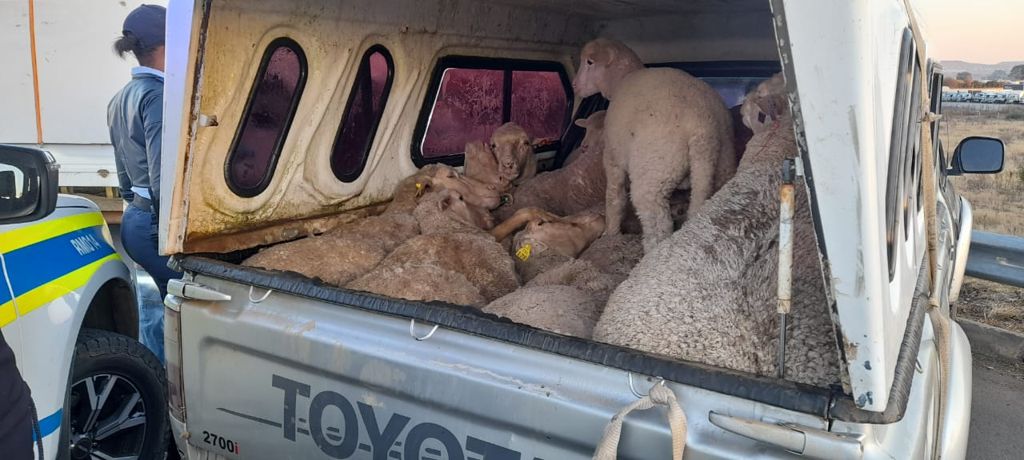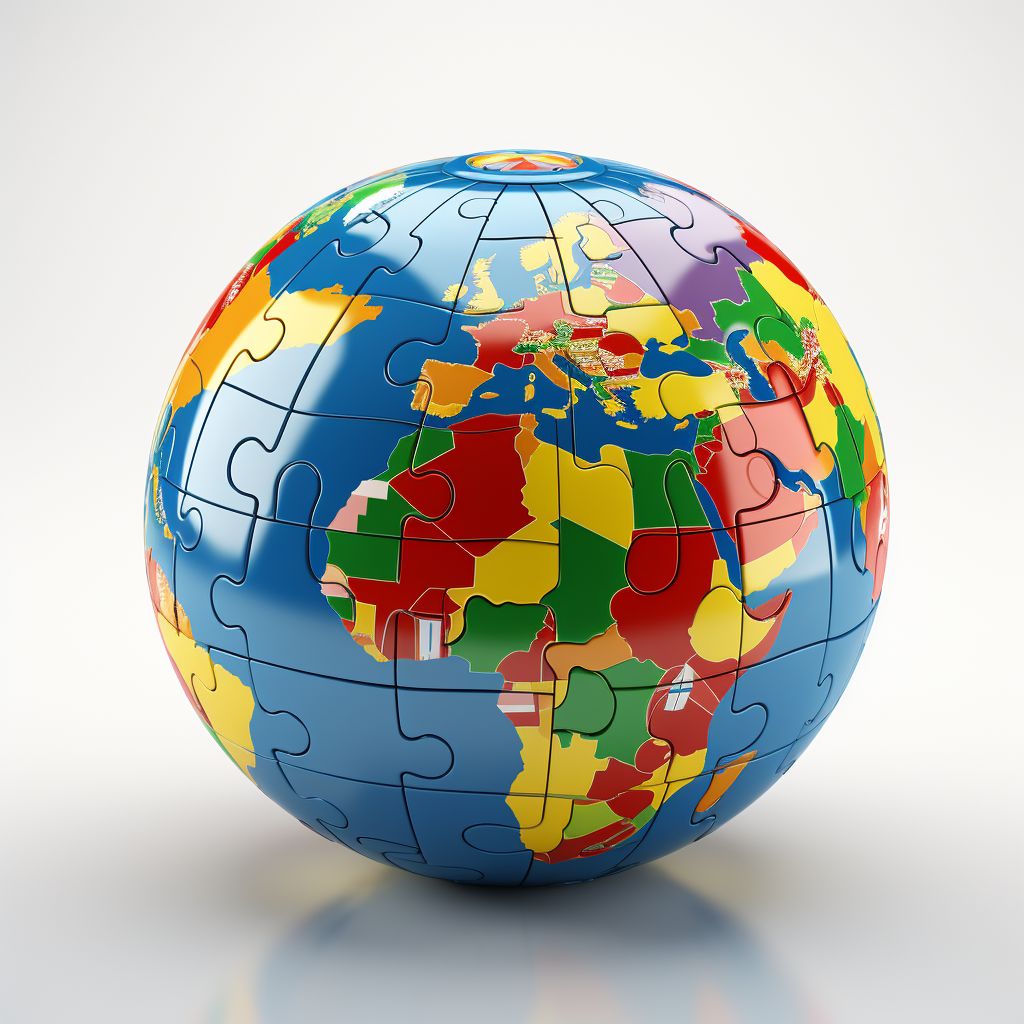The Non-Aligned Movement (NAM) provides a sense of unity for developing nations amidst the division and challenges present in today’s world. Deputy Minister Alvin Botes will be leading South Africa’s delegation to the NAM Ministerial Meeting of the Coordinating Bureau (CoB) in Baku, Azerbaijan, on July 5th and 6th, 2023. The conference’s theme, “NAM, United and steadfast in confronting emerging challenges,” highlights the discussions on various global issues.
Objectives of the Conference
The ministerial meeting aims to review the Movement’s positions on development, human rights, peace and security, and the promotion and preservation of multilateralism. These topics align with the United Nations Charter and the Bandung Founding Principles of the NAM. The participants will also discuss preparations for the 19th Summit Conference of the NAM Heads of State and Government, which is slated to take place in Kampala, Uganda in January 2024.
Significance of NAM
Since the outbreak of COVID-19, the Non-Aligned Movement has proven its worth as a united and efficient multilateral platform, drawing on its founding principles for guidance. Being the largest grouping outside of the United Nations, with 120 Member States, the NAM plays a critical role in global and multilateral affairs, particularly for developing countries.
The NAM was established in 1961 to represent the interests of developing countries and has played a crucial political role over the years. The Movement has helped eradicate colonialism, supported liberation and self-determination struggles, pursued world peace, and sought a more just and equitable global order.
Discussions at the Conference
The Azerbaijan conference will also host a meeting of the NAM Ministerial Committee on Palestine, of which South Africa is a member. The committee has the mandate to coordinate the Movement’s activities in support of the Palestinian struggle for self-determination.
The outcomes of the conference will include the adoption of documents such as the “Baku Political Declaration” and the “Political Declaration of the NAM Ministerial Committee on Palestine,” which will serve as evidence of the international community’s commitment to addressing the urgent concerns of developing nations.
South Africa’s Role in NAM
South Africa’s participation in the NAM conference highlights its dedication to playing an active role in international diplomacy. Given its history of fighting for liberation and self-determination, South Africa’s involvement in the NAM is particularly significant. The Movement’s core principles align closely with those of the South African government, making their collaboration a natural and essential partnership.
The NAM Ministerial Meeting of the Coordinating Bureau in Azerbaijan presents a critical platform for South Africa and other developing nations to engage in meaningful dialogue, find common ground, and work collectively towards a more equitable and just world order. The conference is a reminder of the power of unity during challenging times and the potential for progress when nations stand together.








